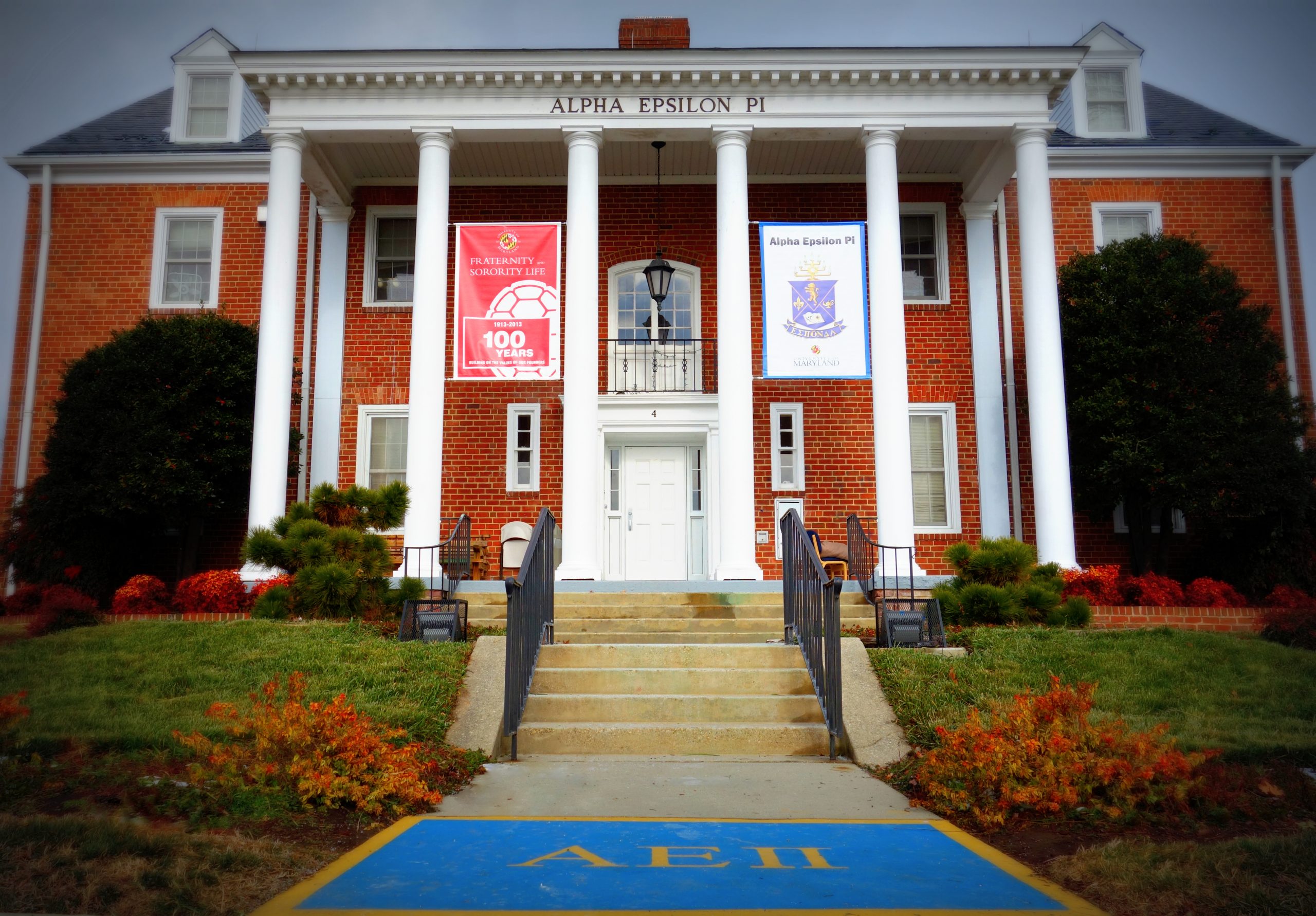The Future of Fraternity Housing
by Rob Derdiger, Chief Financial Officer, Alpha Epsilon Pi Fraternity
Fraternity housing for our chapters can take many different forms. Some chapters are fortunate enough to occupy traditional fraternity houses that are owned or operated by AEPi house corporations while others rent facilities on their own.
For most of our Brothers living in a fraternity house is their first residential experience where they are responsible for signing a lease, paying rent, cleaning up after themselves, making sure that they do not damage the premises, reporting maintenance issues to a landlord, and even buying toilet paper. To say that this is a valuable learning experience is a dramatic understatement. Some of those things could be learned in an apartment but how to get along with a dozen or more other men that you live with, how to foster an environment of cooperation and care, and the immersion into a rich Jewish environment is what makes AEPi houses such special places. We believe in fraternity housing and seek to incorporate it into chapter life wherever it is operationally and financially feasible to do so.
In just a few weeks I will be attending the wedding of the fraternity Brother who was my roommate when we lived in our chapter house. I cannot help but think that this is one of the people that knows me best having spent many late nights together talking about fraternity, leadership, values, and our plans for the future. That time spent in a chapter house was one of the most formative times of my life. My Brothers and I cooperated and collaborated, we made mistakes, and we learned and grew together. I know that countless Brothers have forged these relationships while living together in a chapter house and know how special that experience is.
Although I am certain that chapter Brothers will always find ways to live together and congregate, the future of traditional fraternity housing is now uncertain due to changes in expectations, college affordability issues, campus climates, and city mandates.
Expectations and culture vary widely from campus to campus. Many students and parents now desire the high-end finishes and amenities that can be provided in large student housing complexes but are difficult to support with a limited number of beds. In other places affordability is the top priority and the chapter house competes with facilities which receive tax breaks, state funding, or university endowment proceeds. In those cases, fraternity houses stretch to stay competitive from a physical plant and affordability perspective.
The climate for fraternities these days is a difficult one and this trend has an impact on housing. An increasing number of campuses mandate that students are not allowed to join fraternities during their fall semester. At the same time, students are pressured to figure out their sophomore living situations during the fall semester with the fear that good housing options will be unavailable if they wait too long. The result is that the new members have already signed leases off campus and are not available to live in the chapter house. Even in places where schools are pro-Greek our housing programs face difficulty in the midst of rapidly expanding dormitory programs. Although dormitories typically cost more than an AEPi chapter house, universities increasingly mandate that students live on campus and justify it to the public under the guise of “living-learning communities”, “academic success programs” or similar clever marketing schemes. The reality is the dorms are profitable for universities.
All of these changes drive down the number of members that are eligible to live in our chapter houses and makes it difficult to come up with enough income to pay the required expenses. Other schools are allowing exemptions from these programs if fraternities upgrade facilities, provide daily janitorial services, hire full time residential managers, mandate study hours, or guarantee GPA outcomes. All of these drive up costs while limiting the ability to provide a traditional fraternity experience for members. To be clear, AEPi feels that academic success should be the top priority while enrolled in school but we know that the university experience is also about the physical, emotional, and mental development that happens outside of the classroom. Student involvement in the daily management of a chapter house is part of the learning experience which is lost when the house becomes a full-service dormitory.
Several municipalities around the country have also taken steps to limit the ability to build or buy housing that is appropriate for chapter occupancy. They have limited zoning or tied it to university recognition, created special standards for occupancy permits, or enforce special rules designed to be punitive toward fraternities.
Despite the challenges and uncertainties, Alpha Epsilon Pi has continued to invest in our facilities and acquire additional ones to meet the needs of chapters around the US. We have expanded the staff that focuses on housing in order to provide a higher level of service to our members and ensure great experiences. We plan to continue to do so with the help of our alumni and dedication of our undergraduate members because this is an experience worth fighting for.
Go back to cover